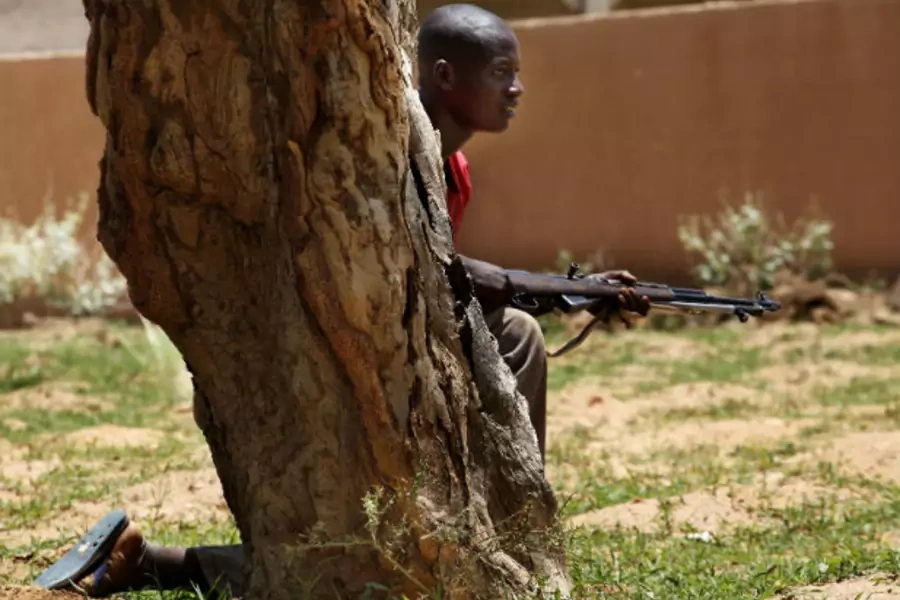More on:
This is a guest post by Jim Sanders, a career, now retired, West Africa watcher for various federal agencies. The views expressed below are his personal views and do not reflect those of his former employers.
Op-ed writers love the word "burning." It conveys a sense of urgency, giving their advocacy immediacy, which, they hope, will increase chances something will be done about the situations they write about.
The Monday October 8th, Washington Post editorial, "Mali burning," fits the mold. Conditions in that West African country are reported to be "more appalling by the day." Prospects of "another unhinged, failed state" threatening the region are real. Elections, the resolution of ethnic grievances, security reform, and a U.N. special envoy are needed, the Post argues.
A decade ago, an opinion piece in the Wall Street Journal by Princeton Lyman, "Nigeria Burns for Islam," (November 27, 2002), sounded similar alarms. The country risks becoming a source of terrorism, he warned. Religion had become "a safe haven and a rallying cry for the disenfranchised, the impoverished, the displaced." The country’s status as a "bulwark for stability throughout the West Africa region" hung in the balance. Rejuvenated aid and diplomacy, security service reform, and economic development were therefore needed.
Nigeria is a bulwark for regional stability no more, while Mali has been "chopped in half," as one observer put it. In line with the centrality of U.S. interests reflected in these two op-eds, fears of terrorism drive the articles’ tone. Obscured, arguably, is what the so-called "burning" at the bottom of all this, is about.
In his recent analysis of the Brics, Financial Times columnist Gideon Rachman wrote that in these nations, (as well as emerging markets more generally, it could be said), "endemic corruption is eroding faith in their political systems," and "popular rage against corruption is central to [their] politics."
With global growth forecast by the IMF seeing a decline in the immediate future, resulting economic stress is likely to worsen corruption in such countries, as elite competition sharpens. Security reform, special envoys, elections, and diplomatic reaching-out have not stemmed the rising tide of popular rage over the lack of "good governance" and economic improvement.
As long as the interests of "the disenfranchised, the impoverished, the displaced" take second place to the "national" interests of domestic elites and foreign powers, the “burning” looks set to continue.
More on:
 Online Store
Online Store

